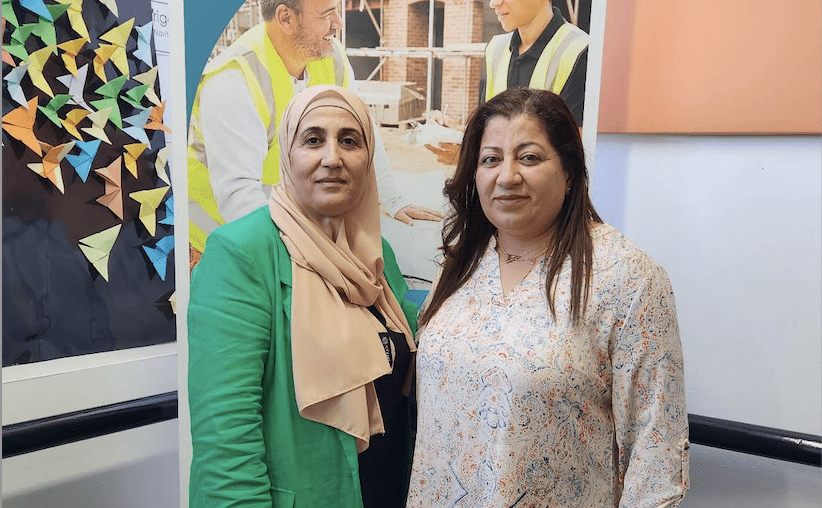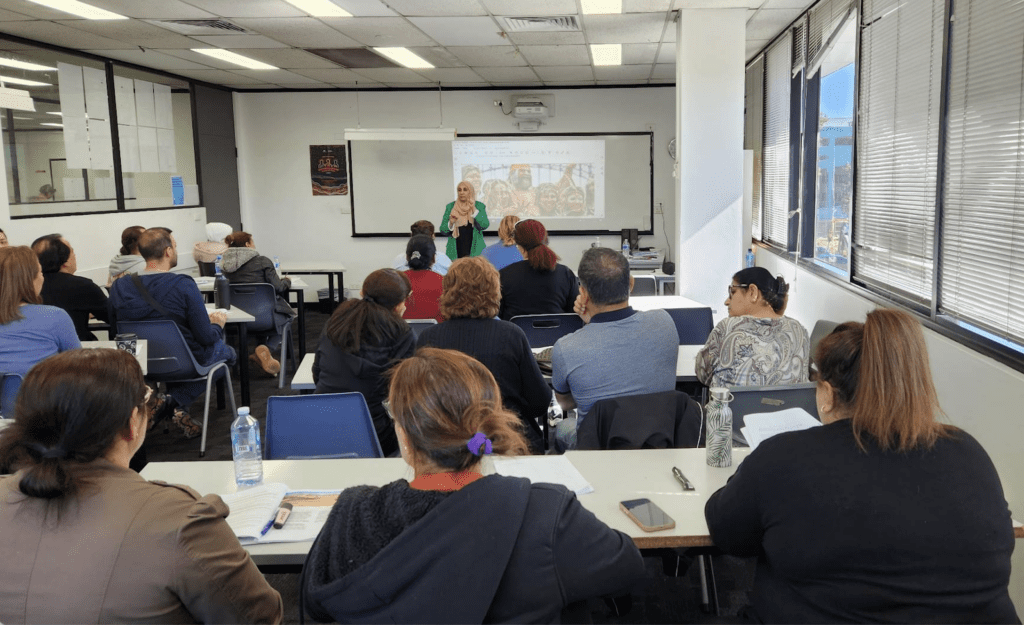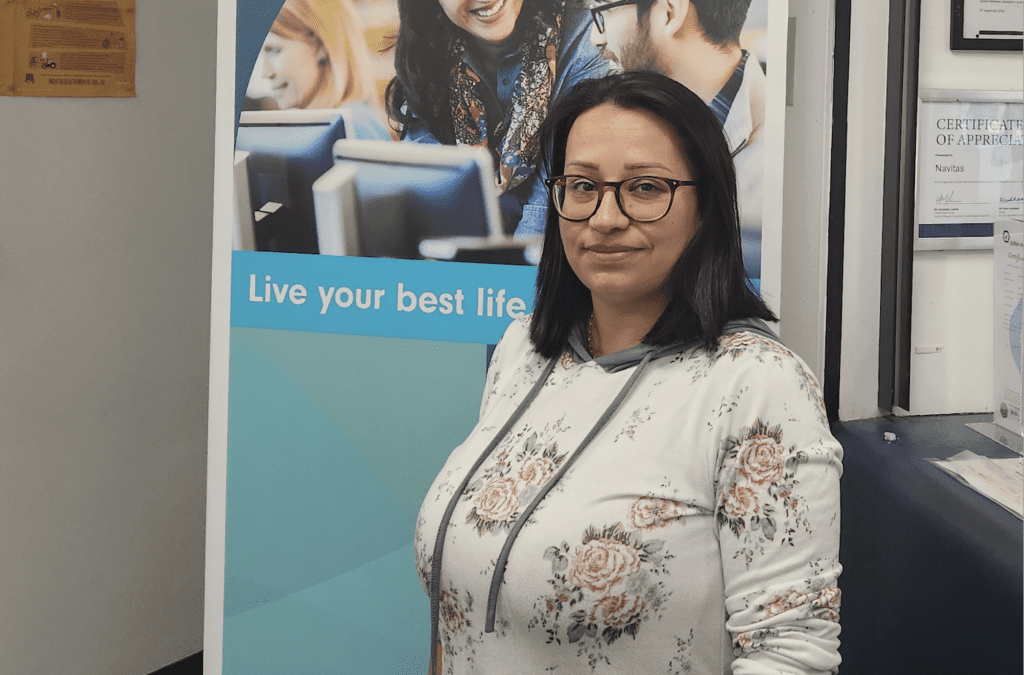‘I am Australian’: Citizenship preparation the key to success

Becoming an Australian citizen gives migrants the opportunity to fully participate in Australian life and say, “I am Australian”.
It also gives them the right to vote or seek election to parliament, apply for an Australian passport and re-enter Australia freely, and work in the Australian Public Service and the Australian Defence Force.
But despite the many privileges of Australian Citizenship, a lot of eligible people from non-English-speaking backgrounds are still too scared or nervous to sit the Citizenship Test, according to Navitas Skilled Futures Stakeholder Engagement Manager, Basim Shamaon.
“This is why our English for Citizenship courses exist,” he said. “The courses run regularly at a number of our colleges, and have proven very successful in preparing students for the Australian Citizenship Test, particularly for people with low-level English,” he said.
“We support the students’ entire citizenship journey in a nurturing environment, covering all the English required for the test, and all the relevant cultural, social and legal topics through a variety of enjoyable and interactive teaching methods, while directly addressing their fears about the actual test by giving them lots of practice.”
“By the end of the course many of our students go from being quite anxious about the test to actually being excited to sit it – and we have a lot of students passing the test.”
At Fairfield College, which currently runs English for Citizenship classes every Thursday and Friday, as well as an external class at Fairfield Library, three students recently passed the test with flying colours. All three said* they could not have done it without the preparatory course.

Mother-of-four, Afraa, from Iraq, said she was so proud to get 100 per cent on her test.
“Before I wasn’t able to do the test because I was very scared that the questions would be hard and the information is too difficult,” Afraa, 50, said. “In the test there were 20 questions; the first 18 were easy but the last two were difficult because of the wording. However I got 20 out of 20!
“I started attending the college at Fairfield every Thursday and Friday and with the help of the teachers I improved a lot. They tried different methods to make it easier for us to understand the information, especially when it came to some difficult terminologies.
“They used the screen, photos, pictures. They were very patient with us. And I just want to thank them for the way they were motivating us to become citizens, to not give up and keep trying. All these things helped us to pass the test.”
Afraa said since arriving in Australia in 2018 she had been unable to take formal English classes due to her family commitments, but the English for Citizenship class, funded through the Adult Migrant English Program (AMEP), had also helped improve her general English and she was now motivated to learn more.
“I learned a lot of words that I didn’t know in the past. I also didn’t have this knowledge about Australia that I have now. I wasn’t aware of democracy and freedom of speech, the opportunity to change the government through voting and elections. Law and order and freedom – we don’t have this in our country.”

Dalila, also from Iraq, said she undertook the course because she loves Australia and wanted to be able to call it “my country”.
“I love everything about Australia, especially the security and the safety,” the 57 year old said. “I wanted to do the course to learn more about Australia and to be able to become an Australian citizen.”
Dalila, who is an AMEP student, said she loved the citizenship classes and all the students were “very happy”.
“We learned so many things, like how many states and territories are in Australia, and about things like the Australian flag, the levels of government, the political parties, but also about equality of genders and how equality of men and women in Australia is different to back in our country. This was very good.”
Dalila said she is now studying hard to continue to improve her English, and passing the citizenship test has given her more confidence.
“When I did the test it wasn’t hard for me because I used to attend this class and then go home and practise a lot, and I used to refer to the [Our Common Bond test ] booklet as well. At first I struggled with the terminologies but with the help of the teacher, I learned to understand them, and the more I practised the better I got.
“I want to thank Navitas and Australia for giving me this opportunity and for safety and security.”

Ferial, from Syria, said she worked hard in class and at home to prepare for the test.
“At the beginning I thought it was very difficult for me to pass the test. I was very scared to do it,” said the mother of three. “But after I did the course, I was able to understand the topics and the terminologies and the things I needed for the test.”
Ferial said she was very proud to pass the test.
“Although the questions we practised are different than the actual test, with the help of the teacher, we were able to focus on the terminologies and the key points or the key words that are being set in the question. And we used to discuss that in class, so it helped me remember,” she said.
“Also in addition to learning about the government, the levels of government, parliament, all these things, we also improved our language skills as well. The course was a great opportunity to improve our English in addition to the citizenship.
“Although we are proud of being from other country, the special thing about being an Australian is the Australian values – it is a democracy and we have freedom of speech. I am so happy about this.”
Basim said for migrants undertaking the course, gaining citizenship has great significance.
“They know then that this is their country and they want to feel like they are citizens, like everyone else,” he said.
“Becoming an Australian citizen is very important for them, and the freedom of speech and ability to participate in elections – which many of them didn’t have in their own country – is a big deal.”
“They are so grateful to be living in Australia, as Australians, and for the opportunity to finally be able to exercise their freedom.”
In 2021-22, 167,232 people became Australian citizens by conferral, representing over 200 different nationalities. For more information see: Department of Home Affairs
Resources to prepare for the Australian citizenship test
The Department of Home Affairs has a number of resources available to help applicants prepare for the Australian citizenship test. See: ‘Citizenship Interview and test’.
For information about English for Citizenship courses at Navitas Skilled Futures see: https://navitas-skilled-futures.com.au/courses-and-programs/specialist-courses/
The Adult Migrant English Program (AMEP) is funded by the Australian Government Department of Home Affairs.
*Interviewees spoke with bilingual support

